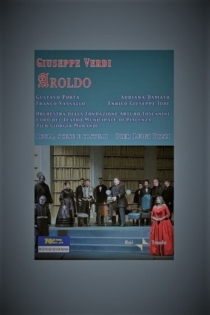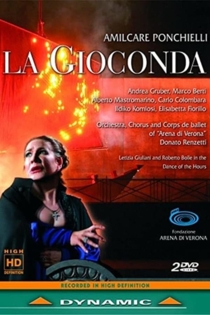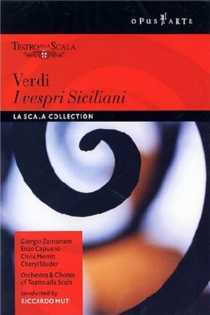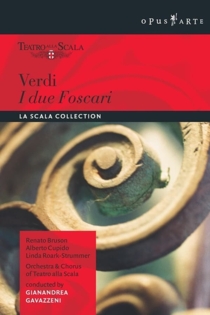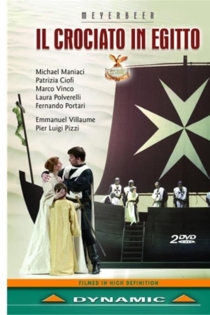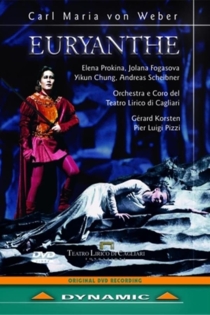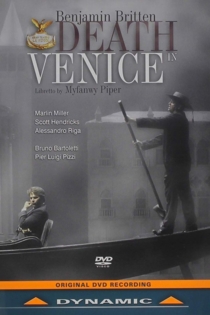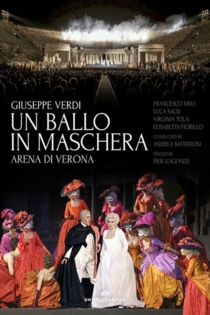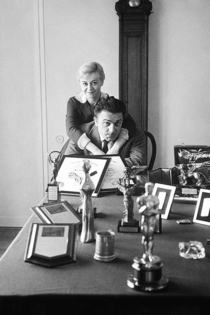
Pier Luigi Pizzi
1930 (95 лет)Maometto secondo
Pier Luigi Pizzi, Tiziano Mancini
Lorenzo Regazzo, Federico Lepre
Maometto II (or Maometto secondo) is an 1820 opera in two acts by Gioachino Rossini to an Italian libretto by Cesare della Valle. Set in the 1470s during a time of war between the Turks and Venetians, the work was commissioned by the Teatro di San Carlo in Naples. Della Valle based his libretto on his earlier play Anna Erizo. The name of the title character, Maometto II, refers to the real-life Ottoman Sultan and conqueror of Constantinople Mehmed II, who lived from 1432 to 1481.
Maometto secondo

Les Contes d'Hoffmann
Pier Luigi Pizzi
Vincenzo La Scola, Desirée Rancatore
Live peformance from the Sferisterio Opera Festival, August 2004. Our edition has an Italian cast of exceptional quality, in which stand out the amazing voice of Desirée Rancatore, the extraordinary artistry of Ruggiero Raimondi and the fascinating direction of Pier Luigi Pizzi, one of today's most creative directors. Interesting overview here: http://www.operatoday.com/content/2006/08/offenbach_les_c.php
Les Contes d'Hoffmann

Un giorno di regno
Pier Luigi Pizzi
Guido Loconsolo, Andrea Porta
Part of Tutto Verdi series - Un giorno di regno (2010) Parma. 'Un giorno di regno, ossia il finto Stanislao' ('A One-Day Reign, or The Pretend Stanislaus', but often translated into English as 'King for a Day') is an operatic melodramma giocoso in two acts by Giuseppe Verdi to an Italian libretto written in 1818 by Felice Romani. Originally written for the Bohemian composer Adalbert Gyrowetz, the libretto was based on the play 'Le faux Stanislas' written by the Frenchman Alexandre Vincent Pineu-Duval in 1808.
Un giorno di regno
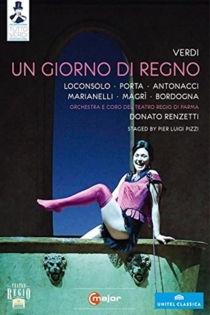
I vespri siciliani
Pier Luigi Pizzi, Tiziano Mancini
Fabio Armiliato, Daniela Dessì
Part of Tutto Verdi series 'I vespri siciliani' ('The Sicilian Vespers') is a five-act Italian opera originally written in French for the Paris Opéra and translated into Italian shortly after its premiere in June 1855. Under its original title, 'Les vêpres siciliennes', the libretto was prepared by Eugène Scribe and Charles Duveyrier from their work 'Le duc d'Albe', which was written in 1838 and offered to Halévy and Donizetti before Verdi agreed to set it to music in 1854. The story is loosely based on a historical event, the Sicilian Vespers of 1282, using material drawn from the medieval Sicilian tract 'Lu rebellamentu di Sichilia'.
I vespri siciliani
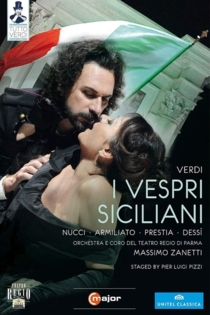
Strauss: Der Rosenkavalier
Pier Luigi Pizzi
Elizabeth Whitehouse, Ildikó Komlósi
Among the greatest operas in Richard Strauss's oeuvre, "Der Rosenkavalier (The Cavalier of the Rose)" spins the tale of the Marschallin (Elizabeth Whitehouse), a dowager struggling with old age. Making the transition more difficult is Octavian (Ildiko Komlosi), a lover many years her junior. This 1997 Palermo production, under the baton of maestro Pier Luigi Pizzi, co-stars Daniel Lewis Williams as Baron Ochs, the Marschallin's obnoxious cousin.
Strauss: Der Rosenkavalier
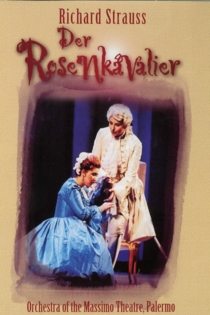
Alceste - Teatro La Fenice
Pier Luigi Pizzi
Marlin Miller, Carmela Remigio
At death’s door, a beloved king is doomed unless someone takes his place. So then his wife resolves to sacrifice herself to save him. Christoph Willibald Gluck composed his reform opera Alceste not once, but twice. In La Fenice’s production of the lesser-known original Italian version, director Pier Luigi Pizzi strips the action down to the bare emotional drama of Alceste’s sacrifice.
Alceste - Teatro La Fenice
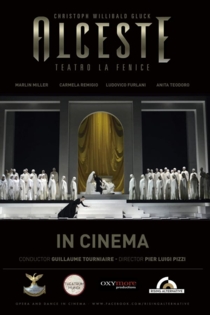
Aroldo - Teatro Municipal di Piacenza
Pier Luigi Pizzi
Gustavo Porta, Adriana Damato
Discover this rare Verdian jewel! Aroldo—one of the composer’s least performed works—premiered in 1857 in Rimini, Italy. The work was created in response to the censorship of Verdi’s 1849 Stiffelio, whose tale of a protestant pastor publicly pardonning an adulterer and his wife proved too scandalous for 19th-century Italian society. In creating Aroldo, Verdi’s librettist and collaborator Francesco Maria Piave transposed Stiffelio’s story and characters to the more distant setting of Great Britain at time of the Crusades, and the composer took advantage of this new version to add a fourth act to the opera, and to rewrite part of the first act as well as a few arias.
Aroldo - Teatro Municipal di Piacenza
